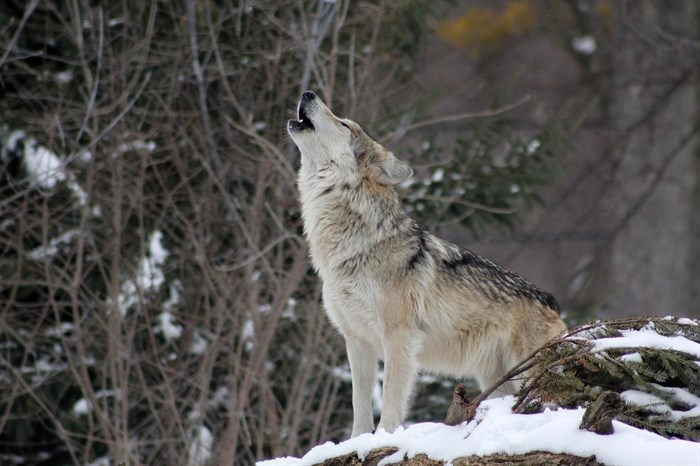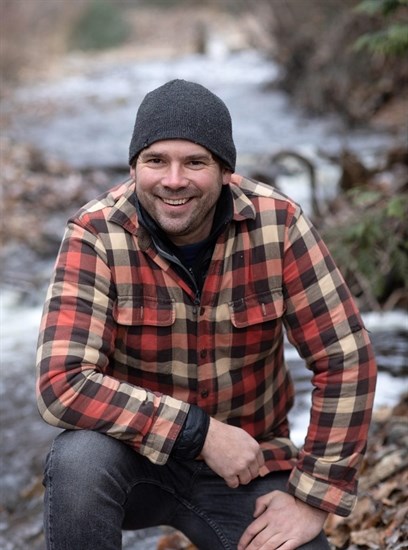
FILE PHOTO - wolf
Image Credit: Pixabay
January 04, 2021 - 6:00 AM
UBC Okanagan researchers are using audio technology to bring the B.C. wolf, an elusive and often misunderstood creature, into the spotlight.
Adam Ford, professor at UBCO, is conducting research on wolves with his students at the Wildlife Restoration Ecology lab to better understand them and their behaviours. The team has been using audio devices to track them by monitoring their howls in the East Kootenays.
Ford expects to have results from the Kootenay tracking study within the next month, depending on if everything goes according to plan, he said. Wolf populations are thought to be on the rise in that area and the study aims to develop more accurate methods of tracking them.
READ MORE: After wolves rebound across US West, future up to voters
B.C. wolf numbers are currently measured through estimates of “prey biomass,” or how many moose, deer and elk are on the landscape, according to UBCO.
“It’s pretty hard to do there… normal tools for ecologists are not always available or not suited for animals like the wolf. We’re trying to come up with different, cheaper methods of counting them,” Ford said.
The testing method uses bio-acoustics, where fancy voice-recorders and microphones are put in the bush to record wolf howls. The recordings are later transcribed by UBCO students to track the wolves.
Twenty-six audio recorders were set up in the study area, which were paired with camera traps to provide both audio and video detection of wolves.
Students are currently transcribing the sound files using their own ears, but there is potential for an A.I. system to improve this technology, Ford said.
He is also examining human-wolf conflicts on the coast in the Pacific Rim National Park, in areas around Tofino, Ucluelet and Long Beach, as coastal wolf populations are rising in a park that has the greatest density of visitors in any Canadian national park.
“There’s been a lot of conflict and people not abiding by regulations with respect to feeding animals and dogs off-leash and so there’s been some unfortunate management responses to keep people safe and usually, like a lot of these (conflicts), the animals end up on the losing end of the equation… If people really love wolves, don’t feed them hot dogs,” Ford said.
The researchers are working on figuring out the spatial ecology of the wolves and hope to answer how they can co-exist with humans in that stretch of Canada’s national park.
“There is a lot of traffic that goes through there and the wolves are trying to navigate the busy human space and get the things they need to survive,” Ford said.
Generally, there’s also the question of conservation strategies and how they impact other parts of the ecosystems, Ford said.
A wolf cull has been conducted in the Kootenays to protect endangered southern mountain caribou herds and in other areas of the province.
“What we don’t know about some of the caribou conservation strategies is how things reverberate through the food web on things that aren’t caribou so the wolf removal might have other effects on species… and what we call a trans-boundary effect where the mangers are tinkering with the food web in one region and then animals leap across the boundaries where the policy has been implemented and that can create challenges for neighbouring management efforts,” Ford said.

Adam Ford, professor at UBC Okanagan, is conducting several wolf studies in the province to better understand the animal.
Image Credit: UBCO
To contact a reporter for this story, email Carli Berry or call 250-864-7494 or email the editor. You can also submit photos, videos or news tips to the newsroom and be entered to win a monthly prize draw.
We welcome your comments and opinions on our stories but play nice. We won't censor or delete comments unless they contain off-topic statements or links, unnecessary vulgarity, false facts, spam or obviously fake profiles. If you have any concerns about what you see in comments, email the editor in the link above.
News from © iNFOnews, 2021